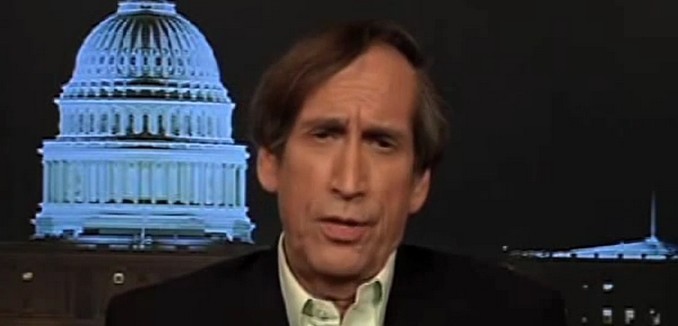Warning that the Obama administration’s diplomacy with Iran is weakening friends and strengthening enemies, former State Department official Aaron David Miller observed Wednesday in a commentary written for CNN that in the battle for influence in the Middle East, the United States is being “outfoxed, not outgunned” by Iran.
Miller contrasted Iran’s ability to use the rise of the Islamic State of Iraq and Syria (ISIS) as a means to protect its client, the anti-ISIS Syrian dictator Bashar al-Assad, with the American inability to fight ISIS without empowering Assad or the brutal Iran-backed Shiite militias in Iraq.
In the course of the administration’s engagement with Iran, Miller observed, the United States has alienated allies, including Saudi Arabia and Israel, while empowering enemies and rivals, such as Syria, Hezbollah, Russia and, of course, Iran.
Miller summarized the problem with the administration’s diplomatic engagement with Iran:
It clearly makes sense to try to use diplomacy as a way to constrain Iran’s nuclear program. But we should have no illusions about two things. First, we won’t end Teheran’s nuclear weapons pretensions, and two, we are and will be enabling its rise in the region because of this nuclear diplomacy, not constraining it. One of the reasons the United States won’t strike al-Assad is for fear of emboldening ISIS, but the other is that we don’t want a proxy war with Iran in Syria.
As the Russians have made clear in their recent S-300 deal, the nuclear negotiations are only making Iran a more acceptable business partner. And the real fruits of the diplomacy haven’t even begun yet. Sanctions relief will make the mullahs more secure and give them the resources to buck up, not tamp down, their regional aspirations.
We’ve made our bed, apparently, and now are going to have to find a way to sleep. A nuclear deal will avert a crisis over the nuclear issue for now. But unless it really does change Iran’s behavior, we’ve only bought ourselves a bigger one down the road.
In his observations, Miller echoed concerns expressed recently by David Rothkopf, editor of Foreign Policy magazine, and former secretaries of state Henry Kissinger and George Shultz, all of whom fault the administration for prioritizing the nuclear negotiations over challenging Iran’s regional ambitions.
Similarly, Israeli Prime Minister Benjamin Netanyahu earlier this month criticized the announced parameters of a nuclear deal with Iran as allowing Iran “to pump up their terror machine worldwide and their military machine.”
[Photo: APB Speakers / YouTube ]




